Legislator Letter Template for Professional Communication
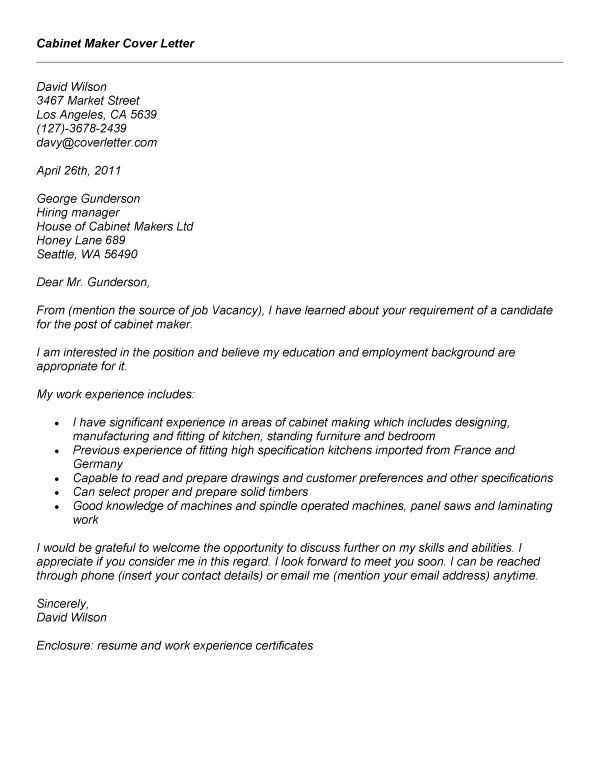
When you need to reach out to a government representative, crafting a well-structured message is essential. A clear and professional communication can make a significant impact, influencing decision-making or bringing attention to important issues. Below are key considerations and strategies for writing effective correspondence with public officials.
Essential Components of an Effective Message
Start by addressing the official correctly, using their title and position. Make sure your purpose is clear right from the beginning. State the issue or concern you wish to discuss, followed by your viewpoint or request. Be concise yet persuasive in presenting your arguments, and avoid irrelevant details.
Clear Structure
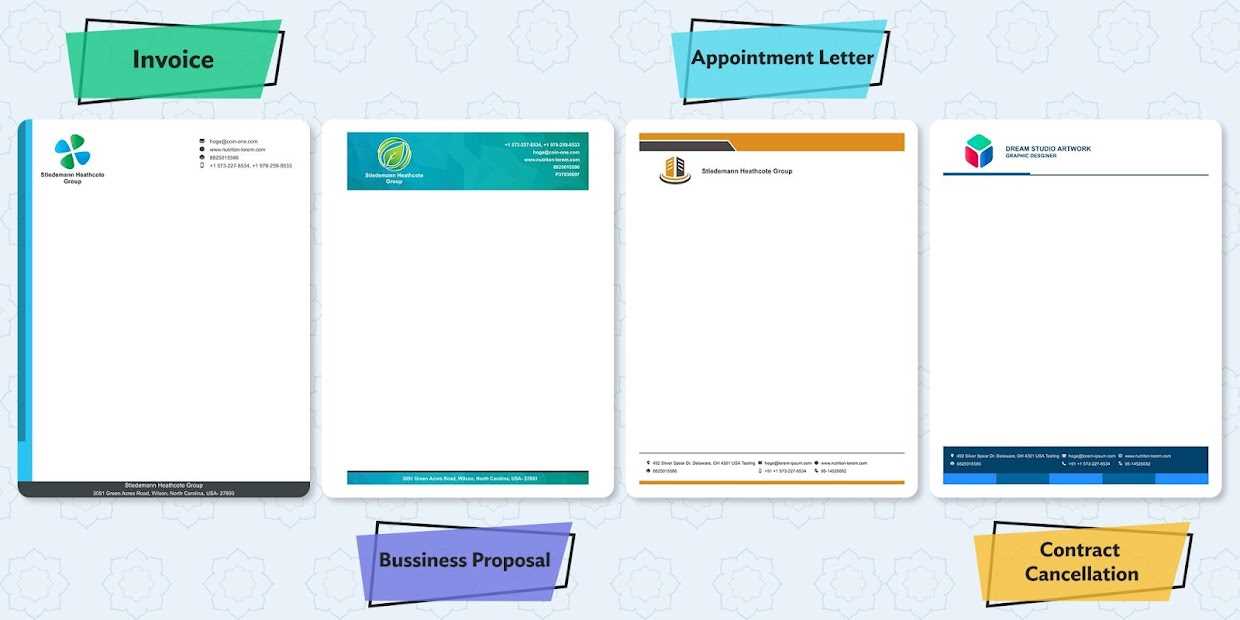
- Introduction: Briefly introduce yourself and your reason for contacting the official.
- Body: Provide a well-organized explanation of your concerns or request. Use facts and logical reasoning to support your stance.
- Conclusion: Restate your main points and specify any action you hope the official will take.
Best Practices for Engaging with Public Officials
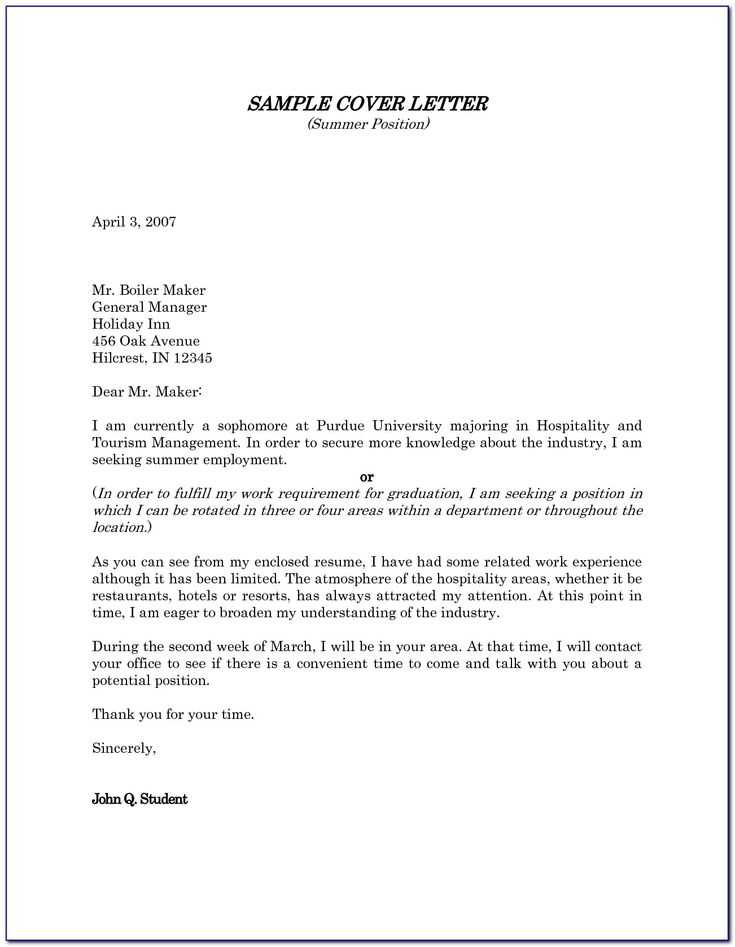
Engaging with an elected representative requires a respectful and professional tone. Avoid overly emotional language, and ensure your points are grounded in fact. Customizing each message to address specific issues that concern the individual recipient will make your communication stand out.
Maintain Respectful Language
Even if you disagree with the official’s stance, it is crucial to remain civil. Your goal is to build rapport, not alienate the person you are contacting. Be courteous, clear, and direct in expressing your views.
Follow Up
If you haven’t received a response after a reasonable time, it is appropriate to follow up. Express appreciation for their time and reiterate your concerns or requests. A polite follow-up can keep the issue on their radar and demonstrate your ongoing interest in the matter.
How to Communicate with Elected Officials Effectively
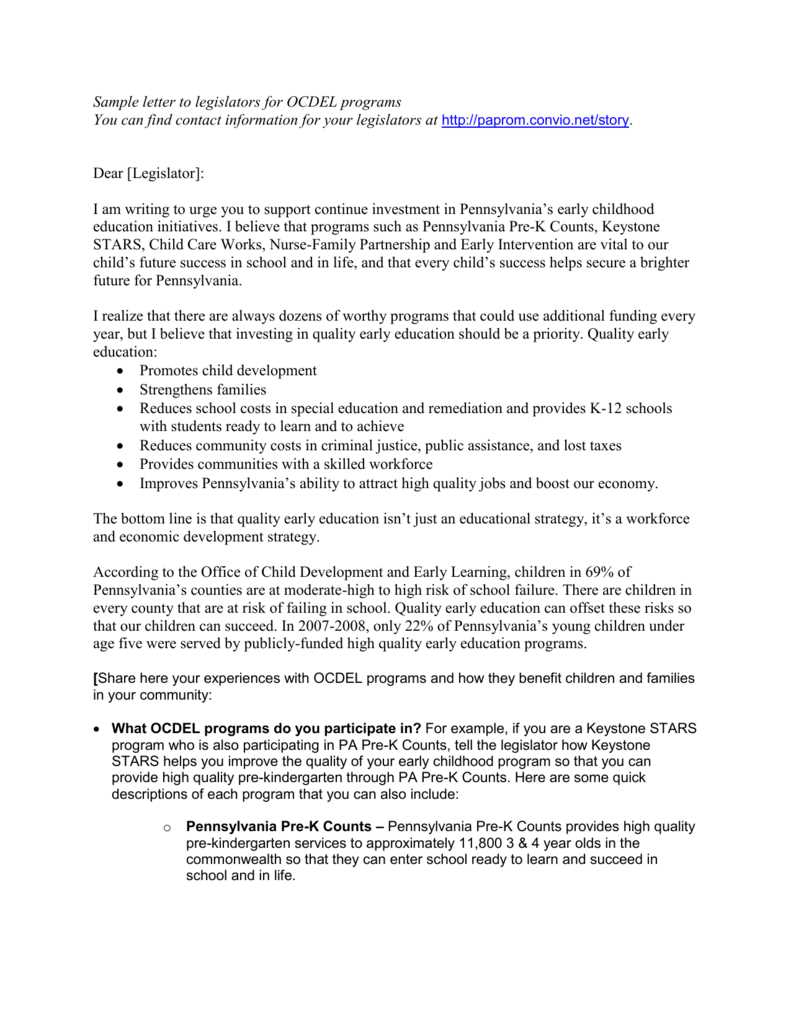
Effective communication with government representatives can play a crucial role in influencing decisions and ensuring that your concerns are heard. Crafting a well-structured message can greatly improve the chances of your voice being considered. Here are some guidelines on how to communicate your views with clarity and professionalism.
Key Elements of a Successful Message
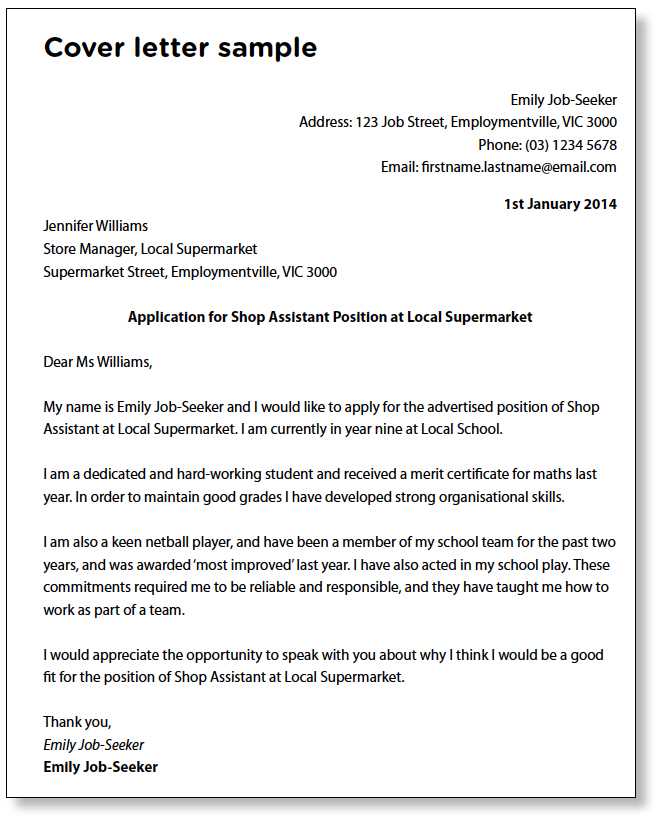
Begin with a polite introduction that includes your reason for contacting the official. Clearly state the issue you are addressing and explain why it matters. Be concise yet compelling, focusing on the most important details and making your request clear. It’s also important to provide any relevant supporting information, such as statistics or examples, that strengthen your position.
Best Approaches for Engaging with Representatives
When reaching out to an elected official, it’s essential to maintain a respectful and professional tone. Ensure that your message is well-organized, avoiding unnecessary jargon or overly complex language. Tailor your message to the specific individual, highlighting how the issue affects their constituents or aligns with their values.
Avoiding Common Mistakes
One of the most common mistakes in political correspondence is being overly emotional or aggressive. Keep your communication polite and focused on the issue, rather than personal attacks or inflammatory language. Also, avoid vague requests; be specific about what you want the official to do in response.
Choosing the Right Tone and Language
The tone you use can greatly impact how your message is received. Use formal and neutral language, steering clear of slang or casual expressions. Address the representative respectfully by using their official title, and ensure that your message is concise and to the point.
Following Up After Submission
If you don’t receive a response within a reasonable time, a polite follow-up is a good way to show your continued interest in the issue. Be courteous and reiterate the importance of your concerns, while acknowledging the official’s busy schedule. Following up can help ensure that your communication is not overlooked.